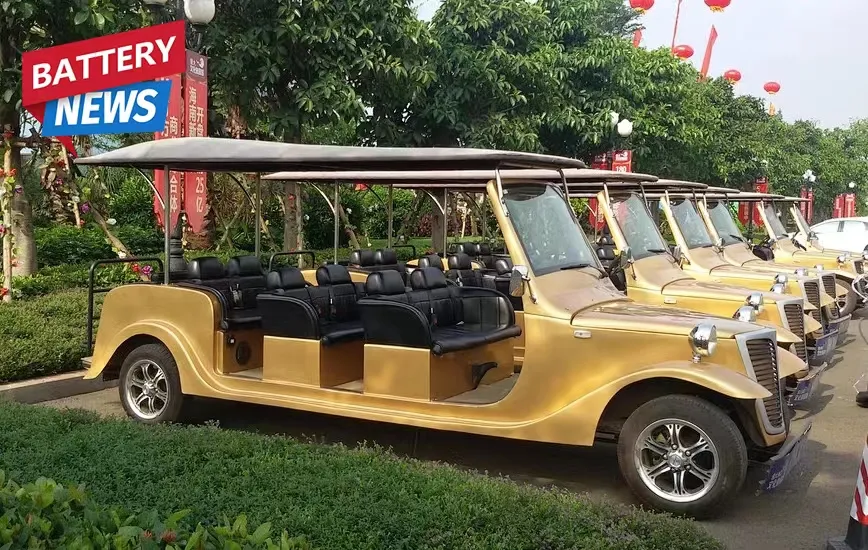How to Recycle Lithium Batteries from Sightseeing Cars
Understanding Lithium Batteries:
These powerhouses offer advantages like high energy density and long lifespans, but their production and disposal raise concerns. Lithium can be harmful if released into the environment, and improper disposal can lead to fires or explosions.
The Challenges of Recycling:
Unlike the standard lead-acid batteries of yesteryear, sightseeing car batteries present unique challenges:
- Composition and Size: Their complex composition demands specialized recycling processes. Additionally, their varying sizes add to logistical complexities.
- Decentralized Locations: Scattered across diverse tourist destinations, collecting these batteries poses a significant logistical hurdle.
- Lack of Awareness and Infrastructure: Many operators lack information about responsible disposal options, and dedicated infrastructure for large-scale recycling is still developing.
Responsible Disposal Solutions:
Fortunately, innovative solutions are emerging:
- Battery Take-Back Programs: Manufacturers and retailers can implement programs to collect and responsibly recycle used batteries.
- Refurbishment and Repurposing: In some cases, batteries with remaining life can be refurbished for second-life applications in less demanding tasks.
- Second-Life Applications: Repurposing used batteries for stationary storage in solar panels or grid support extends their lifespan and reduces waste.
- Battery Shredding and Recovery: Specialized facilities can safely shred batteries and recover valuable materials like lithium, cobalt, and nickel.
The Role of Stakeholders:
Everyone has a part to play:
- Manufacturers and Operators: Implementing take-back programs, designing batteries for easier recycling, and raising awareness are crucial steps.
- Battery Recyclers and Governments: Investing in advanced recycling infrastructure, offering incentives, and setting clear regulations are key drivers.
- Individual Responsibility: Choosing responsible operators, inquiring about their battery disposal practices, and supporting sustainable e-tourism initiatives make a difference.
Case Studies: Success Stories in Recycling:
Several inspiring examples showcase the potential of responsible disposal:
- Tesla’s Battery Recycling Program: They collect and recycle their EV batteries, recovering valuable materials and minimizing waste.
- The Netherlands’ Battery Take-Back System: A nationwide program ensures proper collection and recycling of all types of batteries.
- Second-Life Battery Projects: Initiatives like repurposing used batteries for solar storage in developing countries demonstrate creative solutions.
The Future of Sustainable E-Tourism:
Technological advancements like improved battery design and efficient recycling processes offer hope for a cleaner future. Policy changes promoting circular economy principles, where resources are kept in use for as long as possible, are essential. Responsible consumer choices also play a vital role in driving demand for sustainable practices.
FAQs:
1. What should I do with my old sightseeing car battery?
Contact the manufacturer or retailer where you purchased it, as they might have a take-back program. If not, search online for local battery recycling facilities that accept lithium batteries. Remember to follow safety precautions when handling and transporting used batteries.
2. Are there any safety precautions when handling used batteries?
Always wear gloves and eye protection when handling used batteries. Do not attempt to open or disassemble them, and avoid exposing them to extreme temperatures or physical damage. If a battery leaks or appears damaged, handle it with extreme caution and contact a professional for disposal.
3. How can I find a responsible battery recycling program?
Check with local waste management authorities or search online for certified battery recycling facilities. Look for programs that have transparent processes and certifications verifying their responsible practices.
4. What is the future of lithium battery recycling?
Research and development are constantly improving battery recycling technologies. Advancements in hydrometallurgy and pyrometallurgy, and initiatives like battery passports tracking materials throughout their lifecycle, offer promising solutions for increased efficiency and resource recovery


